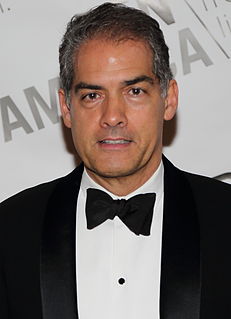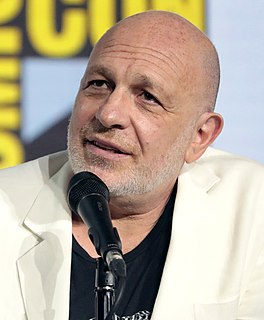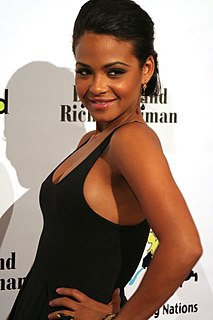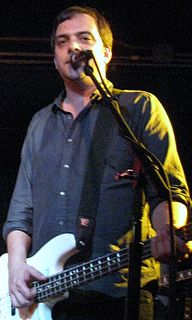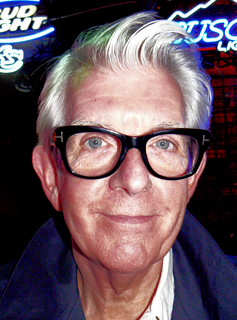A Quote by Gerard Way
I start my process hand written, and then I dump it in. It's like you're getting a second draft 'cause when I put it in the computer, I fix it and change stuff. That's my process. I picked that up from speaking to Neil Gaiman and Joe Hill. I was messing around with the idea of starting to write more, writing a book and doing things like this, and I reached out for advice. They were like, "Oh, we hand write, and then we dump it all in." I was like, "Great! There's no more blank pages."
Quote Topics
Advice
Around
Blank
Blank Page
Blank Pages
Book
Cause
Change
Computer
Doing
Draft
Dump
Fix
Gaiman
Getting
Great
Hand
Hill
Idea
Joe
Like
Like You
Messing
More
Neil
Oh
Out
Pages
Picked
Process
Put
Reached
Second
Speaking
Start
Starting
Starting To Write
Stuff
Then
Things
Up
Were
Write
Writing
Writing A Book
Written
Related Quotes
I'm not typing. I write only by longhand. I've always written first drafts by hand and then once I was into a second or third draft I wrote insert pages on a typewriter. But I got rid of all my typewriters about three or four novels ago and now I do everything by hand. I write by hand because it makes me go slow and going slow is what I like.
I was like just writing and writing and then I kinda developed my sound. And then, my managers were like, "Okay, we're gonna try to get a deal." And then first it was Interscope, and then it was Atlantic. And then, I ended up signing with Atlantic, but it was like a long process, a really long... it was A LONG PROCESS. I feel like it took me two years to do it.
Adaptation is always the same process for me, which is some version of throwing the book at the wall and seeing what pages fall out. It is trying to imagine, remember the story, read it, put it down, and then write sort of an outline without the book in front of you with some hope that what you like about it will be filtered and distilled out through your memory and then that will be similar to what other people like about it.
The best advice on writing was given to me by my first editor, Michael Korda, of Simon and Schuster, while writing my first book. 'Finish your first draft and then we'll talk,' he said. It took me a long time to realize how good the advice was. Even if you write it wrong, write and finish your first draft. Only then, when you have a flawed whole, do you know what you have to fix.
It can take years. With the first draft, I just write everything. With the second draft, it becomes so depressing for me, because I realize that I was fooled into thinking I'd written the story. I hadn't-I had just typed for a long time. So then I have to carve out a story from the 25 or so pages. It's in there somewhere-but I have to find it. I'll then write a third, fourth, and fifth draft, and so on.
The writing process is more... it becomes a case of more like a diary for me. I mean, I write stuff down all day whenever I'm experiencing something that I think would be important for me to look at later on. You know, whether it be for writing lyrics or just for a memory, like, 'Oh, my gosh, I can't believe I was feeling that way at that time'.
Every first draft sucks, so when you have your favorite novel, and you're like, 'Wow, this is a masterpiece,' and then you write your first draft, and you're like, 'This is really bad,' and then you're like 'I can't do this because this is nowhere close.' When, in reality, the book you loved so much started out just as crappy.

